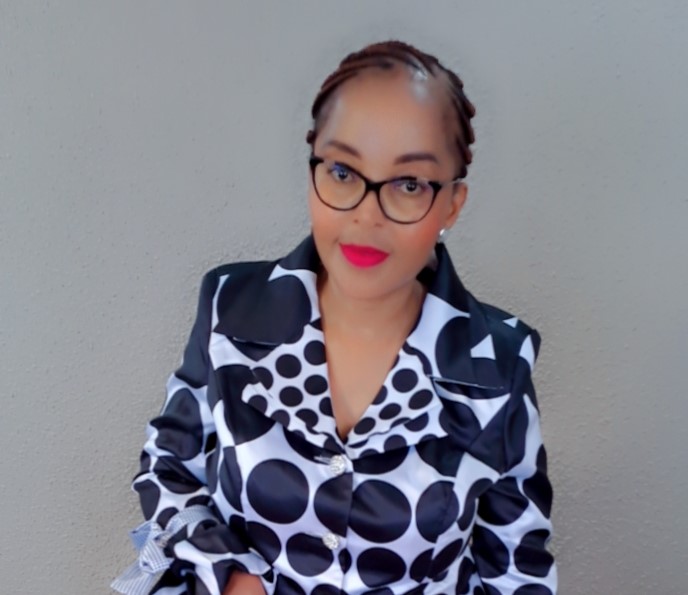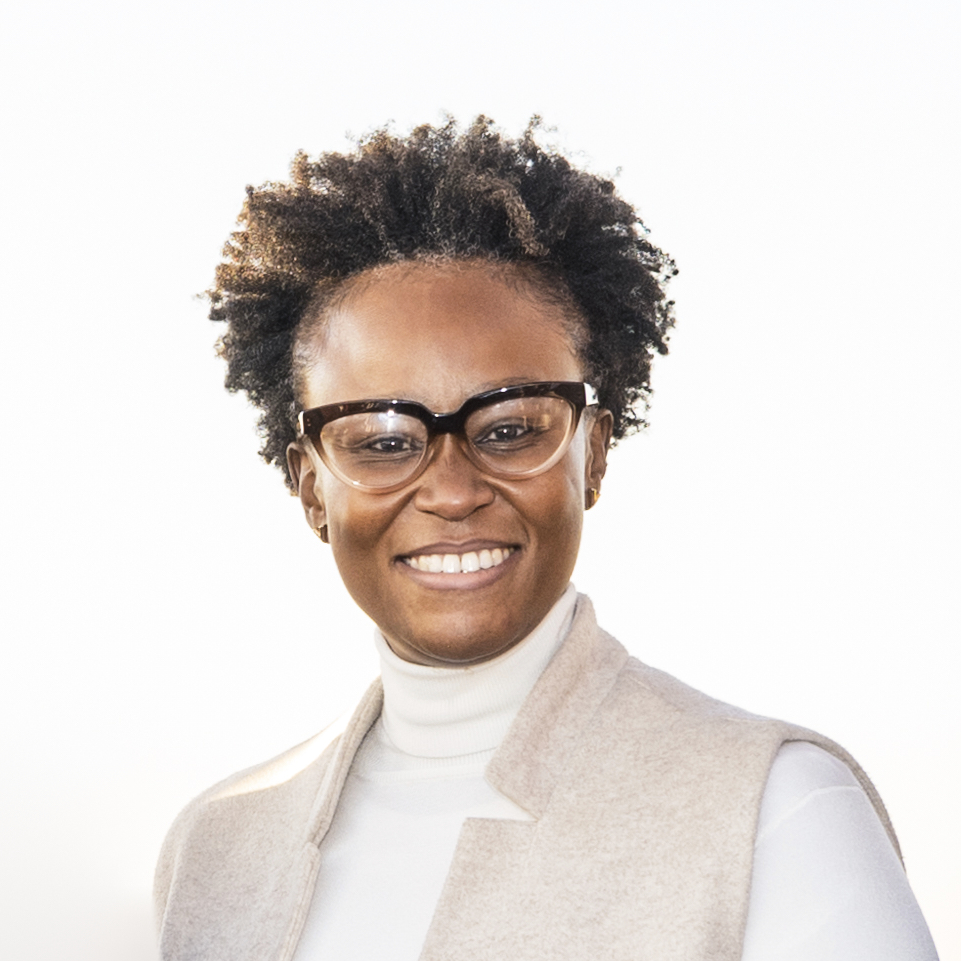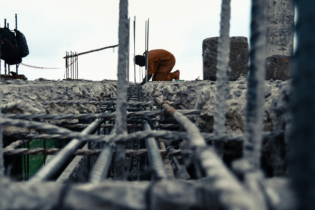Construction is male-dominated. In the United Kingdom, Hong Kong and Australia, the percentage of women in construction has grown to about 12%, but most countries fall under 10%. At 11%, South Africa is just behind the leaders in terms of gender parity, though there is a long way to go.
The reasons for this persisting inequality are complex. Building trades used to be exclusively male, and this history continues to influence what opportunities are available. But two remarkable women are challenging these stereotypes, determined to make a difference in this industry. Both were attracted to construction because they saw it as one of the foundational industries that determine what the economy – and country – looks like. Rose Tsenase, Founder and CEO of Bashoeshoe Construction, and a previous Master Builders Association North exco member says, “From a young age, I was fascinated by the transformative power of construction, the ability to shape environments and communities.” A marketer by profession, and currently studying for her Masters in HR Management, Tsenase sees construction as her career. She studied at the Khuthaza Construction School for Women and has completed several short courses in construction. After several years in the construction industry, she founded Bashoeshoe to address what she saw as a niche– Innovative Building Technology. She believes the country’s need for more quality affordable housing makes innovation in this area especially important Karabo Motsepe-Marutla, our other mould-breaker, joined Corobrik in 2008 with a degree in Political Science from the née Rand Afrikaans Universiteit now called the University of Johannesburg. She found the company’s culture of openness and collaboration highly attractive and remains with the company, where she currently leads the government development department – and also sits on the Master Builders Association North exco. “A strong female presence in any industry is desirable because we bring a fresh perspective, and our skills in areas like problem-solving, teamwork and inclusivity really add value,” she says. “Better gender representation opens up the workplace to new ideas.” Both women agree that the construction industry continues to be characterised by traditional gender stereotypes, though things are slowly changing. “Overcoming these stereotypes wasn’t easy, but you have to be persistent and accept the fact that challenges are an opportunity for learning,” says Motsepe. “By committing yourself to excellence and innovation, you earn respect and recognition,” Tsenase confirms.Women in construction: Focusing on the prize
Aug 13, 2024 |
Articles
Construction
News









